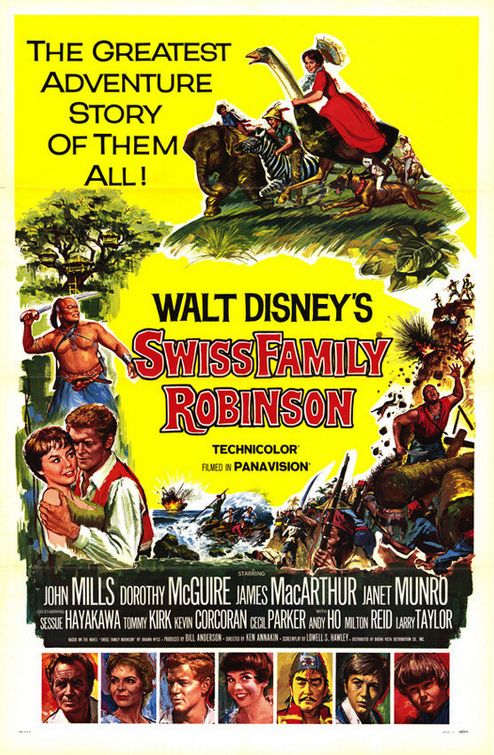
By Gavin Boyle
Hollywood has been caught in the crossfire of the global tariff war as China has announced it will slow its import of U.S. movies into its country.
“The wrong action of the U.S. government to abuse tariffs on China will inevitably further reduce the domestic audience’s favorability towards American films,” the China Film Administration said, per Variety. “We will follow the market rules, respect the audience’s choice, and moderately reduce the number of American films imported.”
While China serves as country with the second-largest box office — $7.7 billion only behind America’s $9.1 billion — limiting the reach of foreign movies in the market was already taking shape. As the movie business has exploded in the past 15 years, having grossed less than $1 billion in 2011, the Chinese government has focused on creating more home-grown movies.
Earlier this year, China released NE ZHA 2, which currently sits at the No. 1 movie of the year despite only releasing in five other countries. The movie had a global gross of $1.89 billion making it the highest grossing animated movie of all time.
The limited reach into the Chinese market will surely hurt Hollywood’s bottom line, though the impact will not be terrible given the already unfavorable agreement the industry has with China. For example, studios only receive 25% of all ticket sales in the country, with the Chinese government pocketing the rest. Furthermore, Hollywood already only accounts for 20% China’s box office, further highlighting the limited impact of this slowdown. Additionally, China will still meet its required international movie quota, importing at minimum 34 movies this year.
Related: Communist China Maintains Stronghold on Movie Censorship, But Will UNCHARTED Break Through?
Despite Hollywood playing an undersized role in the Chinese market, its presence is nonetheless necessary in order for China to remain a major player in the movie industry.
“They don’t need Hollywood as much as they used to, that’s very clear. But, they want to be the number one film market in the world and want to show themselves as a global power and not close off. That includes film, so they need to have Hollywood product to show that,” explained USC professor and China expert Stanley Rosen in 2022. “The government follows what the Party wants, and there has been no signal that they should try and clear up relations with Hollywood.”
Meanwhile, President Donald Trump was unfazed by China’s plan to slow down its consumption of Hollywood movies.
“I think I’ve heard of worse things,” he said when asked about the restrictions, per Reuters.
While the restrictions may have a limited impact on Hollywood’s bottom line, they highlight the way that international policy can impact the entertainment industry and paint a grave future if more countries ever decided to follow suit.
Read Next: How China’s Communist Party Is Affecting the Worldwide Box Office



 - Content:
- Content: 

 - Content:
- Content: 